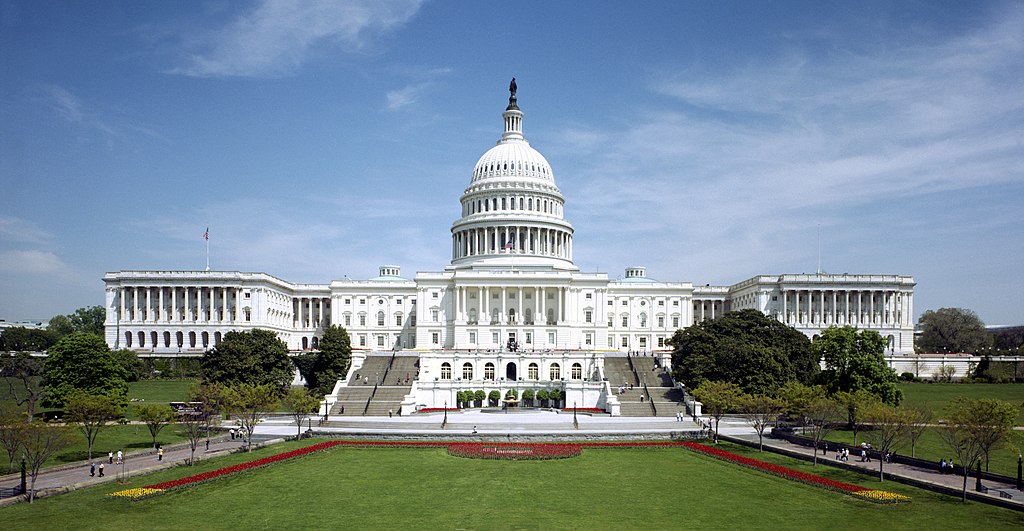 POLICY
POLICY
 POLICY
POLICY
 POLICY
POLICY
Republican Senators Lindsey Graham, Tom Cotton and Marsha Blackburn have introduced a bill that would require tech firms to help law enforcement officials access their users’ encrypted data if a court issues a warrant for doing so.
If passed, the bill may force companies such as Apple Inc. and Facebook Inc. to weaken some privacy features in their products — a possibility that has tech companies and privacy advocates alike up in arms.
Certain services such as Facebook-owned WhatsApp secure messages with end-to-end encryption. The technology prevents even the social network from accessing users’ correspondence because messages are encrypted on the sender’s device, before they go through Facebook servers. If the proposed legislation passes, Facebook, Apple and others that use end-to-end encryption may have to weaken the privacy features in their products to comply with the law.
The Lawful Access to Encrypted Data Act, introduced on Tuesday, would require “manufacturers and service providers to assist law enforcement with accessing encrypted data if assistance would aid in the execution of the warrant.” Additionally, the bill proposes giving the Attorney General the authority to issue directives to tech firms ordering them to “report on their ability to comply with court orders, including timelines for implementation.” Companies issued a directive would have the ability to file an appeal in a federal court.
“Passing legislation that allows warrant access to encrypted data will allow law enforcement to further provide for the safety and security of the American people,” Attorney General William Barr said in a statement. “I applaud Chairman Graham and Senators Cotton and Blackburn for introducing the first-ever bill to address this issue.”
Facebook has voiced opposition to the proposal. “End-to-end encryption is a necessity in modern life — it protects billions of messages sent every day on many apps and services, especially in times like these when we can’t be together,” the social network told CNBC. “Rolling back this vital protection will make us all less safe, not more.”
Privacy advocates have also criticized the bill. Kurt Opsahl, the deputy executive director of the Electronic Frontier Foundation, said that “this dangerous bill is nothing more than another attempt to legislate a security flaw into technology.” He added that “there is no way to provide access to securely encrypted data without a backdoor — which could be exploited by bad actors, putting millions of ordinary users at risk.”
The Lawful Access to Encrypted Data Act follows the introduction of the EARN IT Act in March, which has also come under fire for its privacy implications. The bill would make online platforms’ eligibility for Section 230 lawsuit protections contingent on them following certain best practices set by the Justice Department. Critics have argued that the Justice Department may include limits on the use of end-to-end encryption among these best practices.
Support our mission to keep content open and free by engaging with theCUBE community. Join theCUBE’s Alumni Trust Network, where technology leaders connect, share intelligence and create opportunities.
Founded by tech visionaries John Furrier and Dave Vellante, SiliconANGLE Media has built a dynamic ecosystem of industry-leading digital media brands that reach 15+ million elite tech professionals. Our new proprietary theCUBE AI Video Cloud is breaking ground in audience interaction, leveraging theCUBEai.com neural network to help technology companies make data-driven decisions and stay at the forefront of industry conversations.